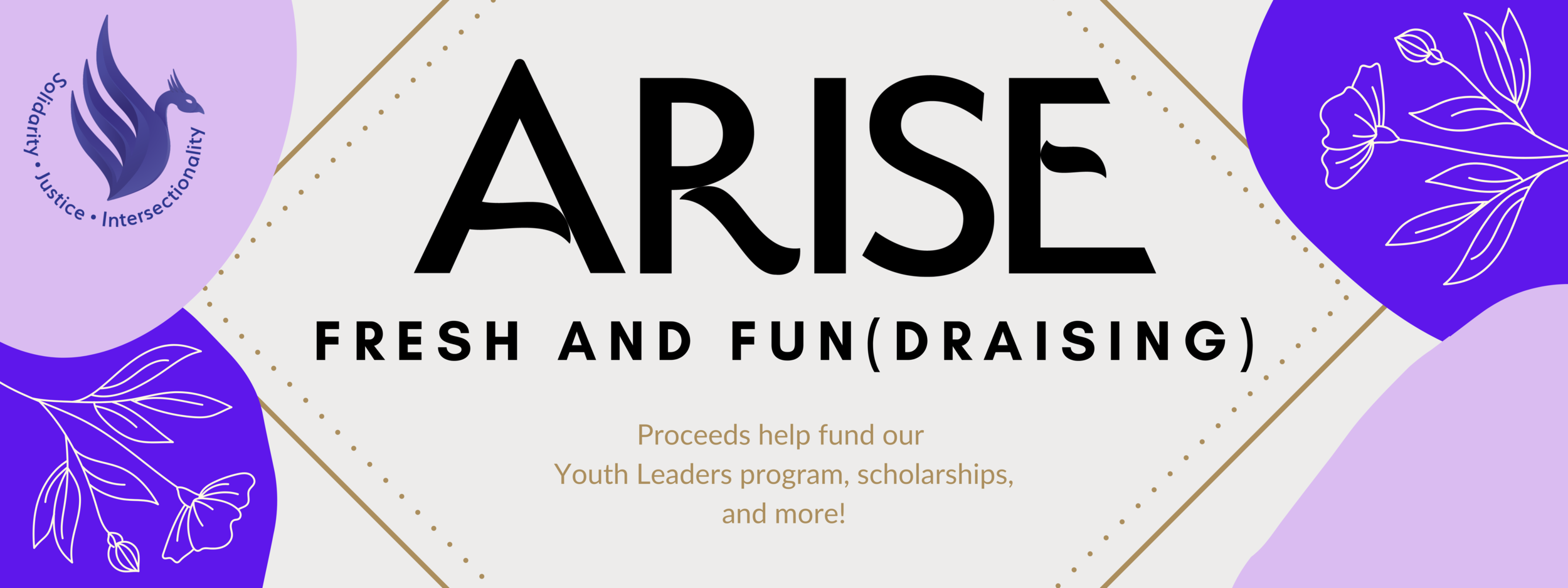Op-ed by Ngan Nguyen, Deputy Director of Programs & Curricula at the Alliance of Rhode Island Southeast Asians for Education (ARISE). Article originally published on Reappropriate.
I am from district Nha Be in Vietnam, just a bit outside of Saigon.
I immigrated to Minnesota with my two older brothers when I was 8 years old. My oldest brother arrived as a refugee with nothing and worked as a waiter to save up money for my parents’ plane tickets. In my family’s first house in Saint Paul, Minnesota, we rented out the top floor with an attic room, where I spent most of my time doing homework and chatting with my father. On chilly autumn days, I would sit there breathing in the smell of his cigarette and coffee, working on my homework, and listening to stories about Vietnam. Given my identity and background, college was never a natural place for me to be.
Without affirmative action advocating for college admissions offices to view students as holistic people, I wouldn’t be who I am now.
My admission to Macalester College in Saint Paul gave me a chance I didn’t know I had or needed. As a double major in educational studies and American studies at Macalester College, I had the opportunity to explore both theory and application connected to my identity as an Asian American woman. Without this formative educational experience, I wouldn’t have been able to develop my own critical consciousness and engage in work to better my community.
During my junior year, I met an admissions officer who recognized me when I introduced myself to her. I’ve never met her in person, but she was able to tell me exactly what I wrote about in my essay and how she saw my application holistically. If college admission was based on just merits, I wouldn’t have made it. I know through learning about the hidden narratives of the United States that educational opportunities were never equal. My college admission was not based on my ACT score of 26 or SAT of 1200 (back in 2013). Rather, someone at Mac saw I had the potential to learn and the potential to make a difference in the various communities to which I belong.
An anticipated Supreme Court ruling in the next few weeks threatens to eliminate this pathway to higher education—and subsequent upward economic mobility—for students like me. Given the conservative makeup of the Court, decisions in these cases against Harvard and the University of North Carolina are expected to roll back significantly, or completely dismantle, the admissions policies that academic institutions have in place to diversify their campuses. The white, conservative strategist behind these lawsuits has weaponized Asian American faces under the umbrella of his Students for Fair Admissions group to support his efforts to smother racial and ethnic diversity.
As a student and an educator, I am both surprised and not surprised that our current reality requires anyone but white elites to defend our education, our values, and our humanity. The argument against affirmative action is built on the legacy of white supremacy that permeates our lives.
The argument against affirmative action is built on the legacy of white supremacy that permeates our lives.
As a teacher in an urban school district, I witnessed firsthand the brilliance my students possessed. Yet, many of them cite the typical admission requirements such as test scores and grades deterring them from pursuing a college education that could further enrich their passion. According to data from Southeast Asia Resource Action Center, only 14% of Laotian Americans, 17% of Hmong Americans and Cambodian Americans, and 27% of Vietnamese Americans have a bachelor’s degree or higher, compared with 54% of Asian Americans overall.
Without affirmative action advocating for college admissions offices to view students as holistic people, I wouldn’t be who I am now. My undergrad education allowed me to pursue my master’s and now my Ph.D. to continue learning about my passion.
I know many students like me—a first generation, low-income, Asian American student—wouldn’t have had the opportunity to pursue what we wanted if it wasn’t for affirmative action.
Ngan Nguyen is currently a Ph.D student at the University of Minnesota in Culture & Teaching. She also serves as the Deputy Director of Programs & Curricula at the Alliance of Rhode Island Southeast Asians for Education (ARISE). She works alongside youth in leadership development and community organizing in order to mobilize Southeast Asian and other Rhode Island & Minnesota youth of color for education justice.

